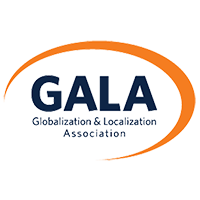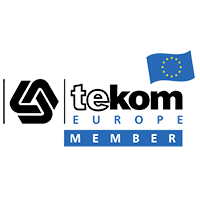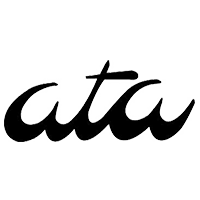Linguistic Validation
There’s no room for mistakes in clinical trial translations, which is why we depend on linguistic validation to make sure our translations are linguistically accurate and culturally appropriate.
When it’s time to translate regulatory content for the pharmaceutical, biotechnology, medical device, healthcare, and clinical research industries, a detailed and data-driven approach is vital. A key piece of that puzzle is the patient reported outcome (PRO), a questionnaire that’s often the single most important determining factor in whether a medication or device gets approved for sale. PROs provide valuable information that simply can’t be collected any other way, which is why they need to undergo one of the most rigorous quality assurance processes – linguistic validation.
What is linguistic validation, and how does it work?
In a nutshell, linguistic validation is the process by which an instrument or patient questionnaire is translated and tested. The process begins with two different translators simultaneously translating the source document. Both translations are then reconciled into a single version in the target language. That version is then back translated by another translator into the original language to evaluate the quality of the reconciled translation in comparison with the source document.
The next step is known as cognitive debriefing. This is usually a face-to-face interview where the draft translation of the questionnaire is actively tested among representatives of the target population who speak the target language. The goal of the interview is to make sure individuals from the target audience understand the translated instructions and questions in the same way that the original text is understood.
At Argos Multilingual, we know that a mistranslation or even a misunderstanding can result in the rejection of an entire clinical research project. That’s why market-leading clinical research companies and pharmaceutical manufacturers have come to depend on us and our guarantee of quality.
What documents are typically involved?
- PRO questionnaires
- Clinician-reported outcome (ClinRO) assessments
- Observer-reported outcome (ObsRO) assessments
- Electronic clinical outcome assessment (eCOA)
- Abstracts and manuscripts suitable for publication in medical journals
- Patient diaries
Other important documents include:
- The Food and Drug Administration (FDA) PRO guidance document
- The European Union medical device regulation (MDR)
- International Society for Pharmacoeconomics and Outcomes Research (ISPOR) good research practices




